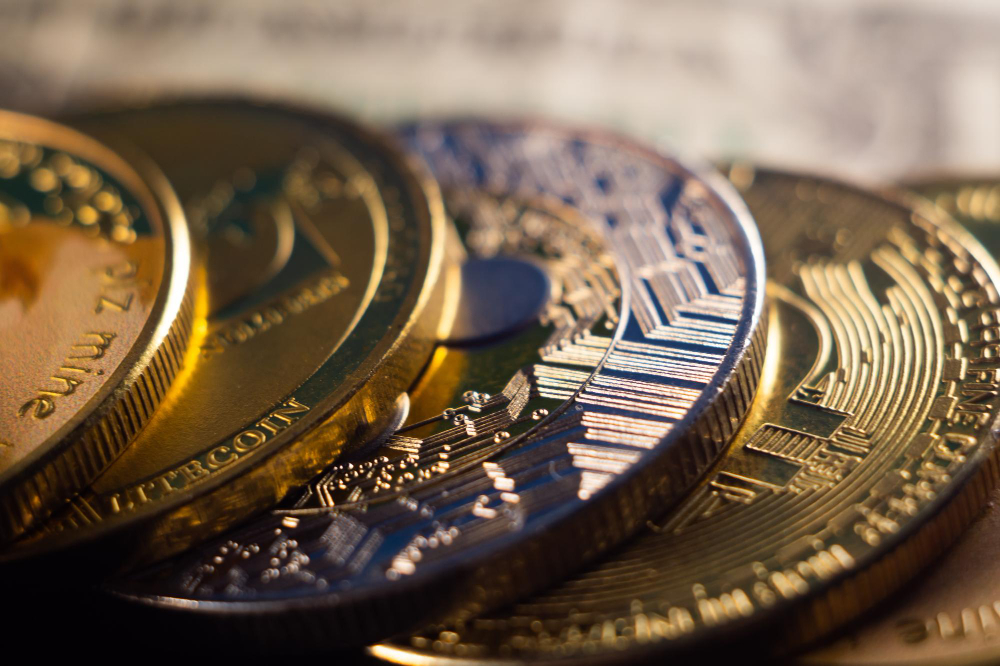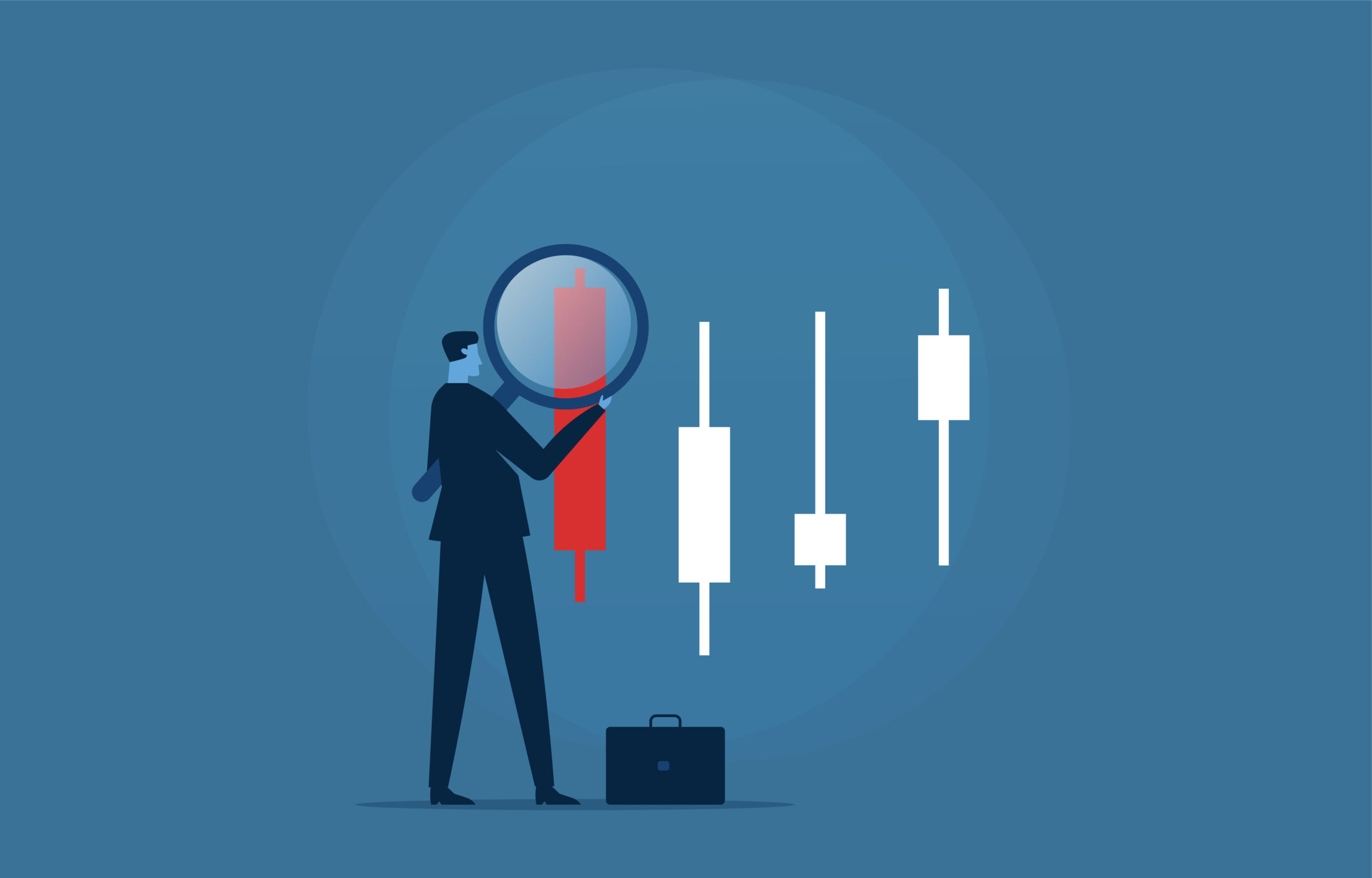We’ve heard many people say that they don’t see any real value or use case for cryptocurrencies. Do you know what most of them have in common? They are powerful men with deep pockets, usually living in one of the richest countries in the world. They can’t, and perhaps don’t want to, understand what crypto can do for the Middle East and many other developing nations. But we should. And that’s why I want to talk about it.

Let’s Talk About the Unbanked
According to Fast Company, there are 85 million unbanked adults in the Middle East and almost 50 percent of the population is financially excluded. (Other sources put this number much higher.) In contrast, about 96 percent of the people in the United States are banked.
I don’t want to talk about the reasons. But if we want the Middle Eastern people to thrive, this needs to change. And the good news is that crypto can help!
Everyone who has access to the internet can create a wallet instead of a bank account. And considering that the internet and smartphone penetration rates in the Middle East are both higher than the global average, they can do so. You also don’t need anyone’s permission to create a wallet. But opening a bank account has a lot of bureaucracy attached to it.
Wallets Instead of Bank Accounts
Imagine having all your money secured in your phone. You pay for everything with your phone and you get paid by providing your wallet’s address. Furthermore, you can send any amount of money from your phone with a minimal transfer fee. You would even be able to get loans just using your phone wallet.
Of course, many people would like this kind of convenience. But who would benefit from it, the most? The answer: people who can’t do these things with ease and security or just can’t do them at all right now, people who live in rural areas of Middle Eastern countries, migrant workers, and other financially excluded people.
The Problem With FinTech by the Banks
The problem of financial exclusion is a solvable one. The truth is that if the banks wanted to solve it, they could do so easily, by using FinTech. But they don’t. So it falls on us. Luckily, we have blockchain technology to back us up.
Blockchains are decentralized and immutable. Cryptocurrencies can be used anonymously by anyone. But the banks value their centralized power structure and want to control money by knowing everything about every transaction and the people involved in them. They want the ability to censor any transaction and exclude any people they want.
Even if they use FinTech innovations, they still don’t want to give up these powers. That’s why we need a change.
So What Can Crypto Offer the Middle East and Other Developing Countries?
As discussed above, crypto wallets can become the new bank accounts. People can keep their money safe and use it to become a part of the global economy.
Imagine a Middle Eastern kid who learns to code or write or design, online and for free. If crypto becomes a new, accepted norm, he/she can work for a company on the other side of the world and get paid in crypto. He/she would only need an internet connection and a wallet.
I should know. Because I am that kid. And I have become a part of the global economy and I am creating value with my blog (Guy with a Wallet) and with my writings for other companies and publications. I couldn’t have done it without blockchain technology and crypto.
Cheaper and Faster Transactions
Not everyone has access to SWIFT or Western Union. Many people, like migrant workers, can’t really afford to pay the transfer fees for these services. And even if they could, some money transfers can take days to complete.
Imagine someone who works in UAE and wants to send his family, to the Central African Republic, for a portion of his wages. Even if he and his family had bank accounts, he would probably have to pay exorbitant fees and his family would have to wait for days to actually be able to spend this money.
With crypto, this whole process would be done in minutes and it would be much cheaper.
Privacy and Security
With crypto, you have the option to remain anonymous. Everyone who has your public address can see your activity on the blockchain. But they can’t know your identity if you don’t tell them. This is not a possibility with banks.
And then there is the issue of security. If you are careful and keep your crypto in your own wallet, you’ll be safe. But banks keep all their data in centralized servers, which can be hacked. Even with backups and security measures, they are not that safe. Banks can lose your money offline too.
Loans and Investment Opportunities
If crypto becomes mainstream in places like the Middle East, people will be able to borrow money in a trustless system against their crypto. They can also invest their money in different ways like loaning or staking their cryptocurrencies.
Financial Freedom
Crypto is uncensorable money. If people accept and actually use it as a parallel economy and payment system, they can have true financial freedom.
I tried to cover the basics here. But the possibilities are endless. If only we could realize the promise of crypto for the Middle East and other developing countries.
Personal Note From MEXC Team
Check out our MEXC trading page and find out what we have to offer! You can learn more about crypto industry news. There are also a ton of interesting articles to get you up to speed with the crypto world. Lastly, join our MEXC Creators project and share your opinion about everything crypto! Happy trading!
Join MEXC and Start Trading Today!


